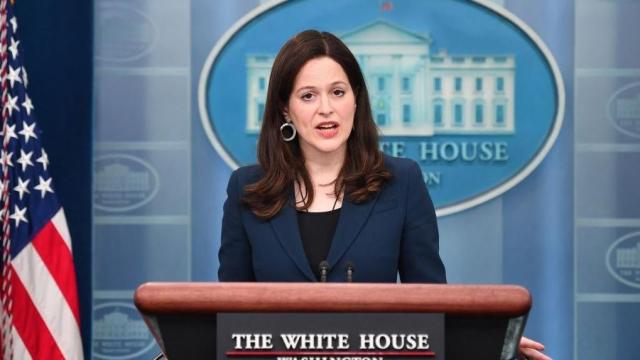Government leaders in more than 40 countries are signing a pledge agreeing never to pay a ransom to cybercriminals again. U.S. President Joe Biden introduced the International Counter Ransomware Initiative in 2021 and will discuss countries agreeing to push back against cybercriminals and cutting off their revenue source in the hope that it will deter future cyberattacks at a meeting in Washington on Friday.
The Biden administration established an annual international summit to address cybersecurity issues in 2021, initially bringing together 31 countries which has expanded to more than 45. Deputy National Security Advisor Anne Neuberger said 48 countries are expected to attend Friday’s summit and told Bloomberg News she is “incredibly hopeful” that other countries will agree to the ransomware initiative.
“Ransomware is an issue that knows no borders. You have attackers in a set of countries using infrastructure in another set of countries targeting victims, hospitals, schools, companies, and governments around the world,” Neuberger said at a press briefing on Monday, Spectrum NY News1 reported. “As long as there’s money flowing to ransomware criminals, this will continue to grow.”
The Counter Ransomware Initiative expanded beyond the European Union since its inception, with 13 additional countries and Interpol joining in the last year including Lithuania, Uruguay, South Korea, Japan, and Canada. Country leaders who agree to refuse ransom demands from cybercriminals will share a “black list” of digital wallets used to move ransomware payments through the U.S. Department of Treasury. The blacklist will include artificial intelligence software to analyse blockchain to identify illicit funds.
Ransomware cost the global economy $US8.7 trillion last year alone, Neuberger said at a Council on Foreign Relations meeting last week. However, the primary global concern isn’t just the financial toll cybercrime is having on the economy, it is the disruption of critical services, she said.
The move to cease paying out ransom demands comes after MGM Grand Hotel and Casinos were hacked last month by ransomware group ALPHV, effectively shutting down electronic hotel key cards, online payment systems, and slot machines. Meanwhile, a ransomware attack on the Clorox Company in August caused product shortages and a drop in sales by 23% to 28%, impacting its first-quarter earnings for 2024, the company said in a news release earlier this month.
Neuberger confirmed that White House data showed ransomware attacks in the U.S. increased by 45% compared to the second half of 2022. Critical services included ambulance delays because of disruptions to electronic medical records and school and manufacturing line disruptions.
“So our approach has fundamentally been building a global coalition, which we’ll talk about, to tackle and disrupt the infrastructure, stop the money moving—the elements of this threat,” she said at the briefing.
Speaking with Yahoo Finance, Neuberger said, “We know there’s no magic shot to stop ransomware actors, we just want to make it riskier, costlier, and harder.”
